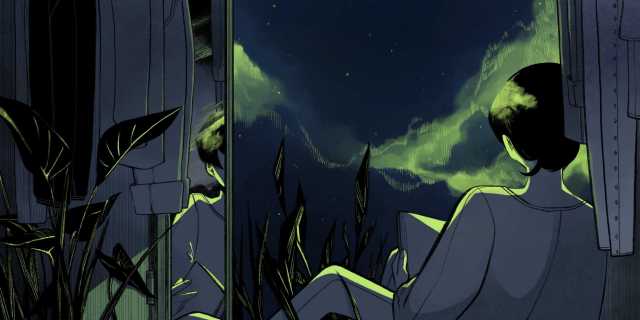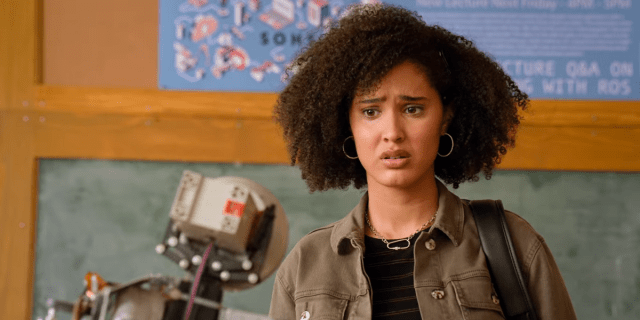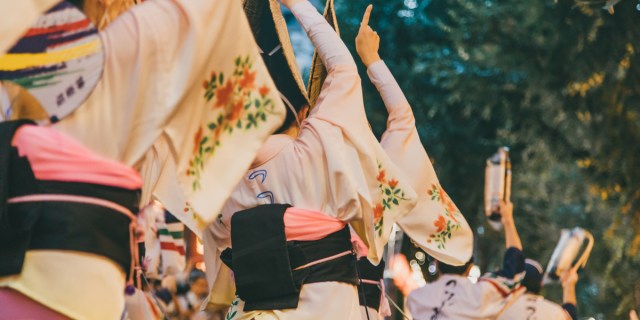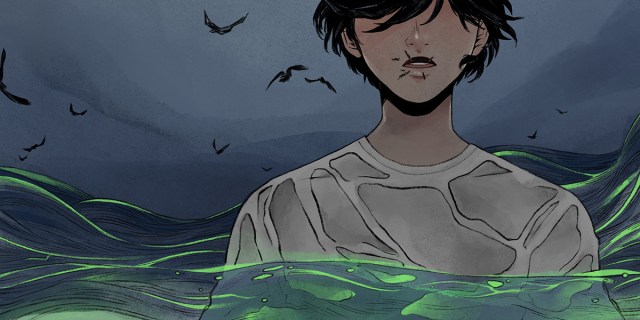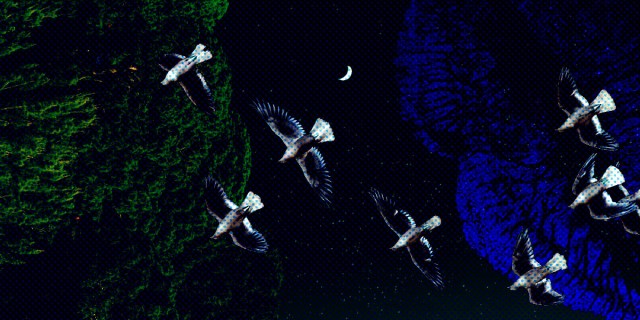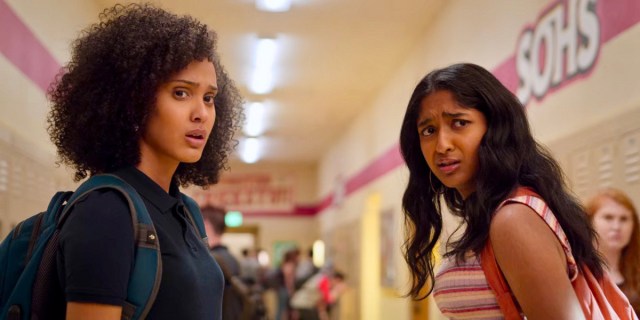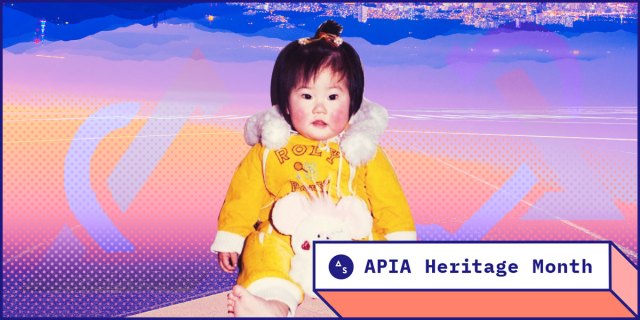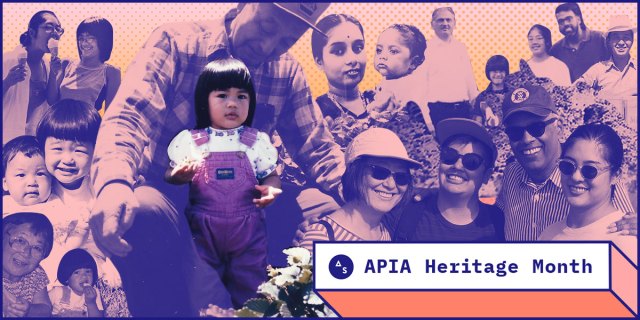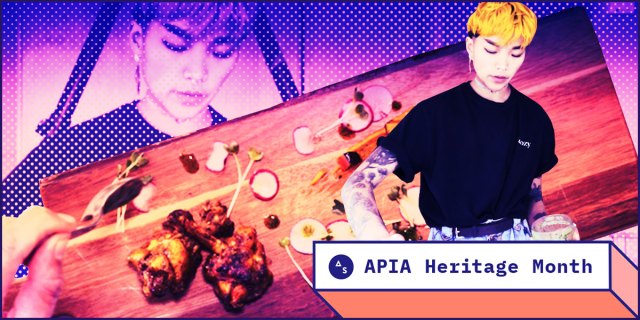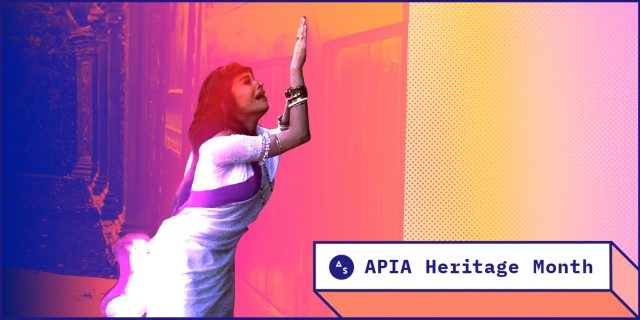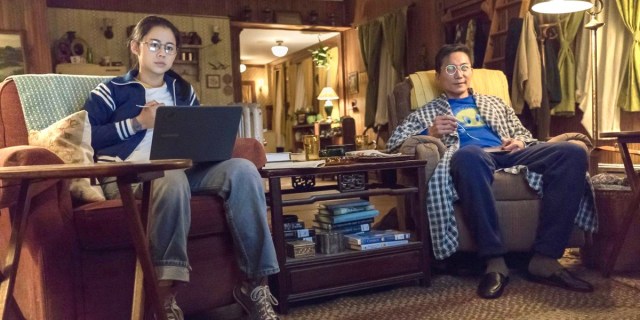Results for: queer parenting
-
How Tam Found Empowerment in the Closet
What are you to do when you are a Vietnamese asexual and aromantic woman who grew up in white, cishet, francophone-dominated Montreal in the 1980s and 1990s?
-
It’s Time to Talk about It, “Never Have I Ever” Has a Race Problem
Fabiola’s story taps into a real dynamic in queer communities, but “Never Have I Ever” couldn’t bring itself to actually identify the problem for what it truly is: racism.
-
The Angsty Buddhist: Growing Up Kinda-Sorta Buddhist
At my Catholic all-girls middle school, I liked to tell people I was Buddhist. It was my feeble attempt at preteen rebellion. I enjoyed interjecting, “Oh yeah? Well, I don’t believe Jesus was real because I’m Buddhist!”
-
The Birth and Death of a Name
This is the story of the birth and death of my name, which means that it is a story about transition, which means that it is necessarily a story about the border between two places and the force with which one rends it.
-
When Love Is A Matter Of Desperation
Loneliness is an old bedfellow of mine; despair, my oldest friend. If I can come to embrace those parts of myself I’ve always tried to push away — perhaps, that is the only lifelong love I can count on.
-
As a Queer South Asian, “Never Have I Ever” Been So Let Down
The reason I didn’t like “Never Have I Ever” wasn’t because I didn’t feel seen. It’s because Mindy Kaling and I are clearly looking at the same world, but Kaling is expecting me to overlook all of its pain.
-
The Complicated Nature of Sex for Asian Women
Our trans subject editor Xoai Pham speaks to Jayda Shuavarnnasri, Thai-American sexuality educator and resident #SexPositiveAsianAuntie, about sexual violence, myths about polyamory, and what it means to take up space as Asian women.
-
Four Transracial Asian Adoptees on Body, Place, Family, and Race
I believe my queerness makes my Asian-ness and my adoptee-ness stronger. I am more myself when I hold all these truths together than when I try to compartmentalize them.
-
The Illusion Of Safety
I don’t want to be caught parading around in last generation’s false sense of security. I’m kicking off Autostraddle’s first Asian Pacific Islander American (APIA) Heritage month by exploring the values my own South Asian and Japanese American parents and grandparents imparted to me, to learn to carry them forward.
-
Lost and Found in the Fish Sauce: How I Cooked My Way Back Home
Through my mother’s recipes, I’m reminded of the resilience that flows in our blood. Instead of disconnecting from my body to survive, I nurtured it. Like me, cooking is hella queer and fluid. Every time I reimagine a dish, it can taste different depending on my mood.“How spicy do I want this dish to be today? “How sweet do I want this dessert?” It’s never fixed or prescribed. That’s what makes these evolving recipes — and the queer experience — so delicious.
-
Stepping Out Of Silence
When love is a matter of desperation, how do you even begin to know what it is you desire? It doesn’t matter what shape love takes. Or does it?
-
Six Queer Asian Artists on “The Half of It” and the Future of Queer Asian Cinema
Alice Wu’s “The Half of It” has been for out less than a week, and it’s already become a classic. We brought together some of Autostraddle’s queer and trans Asian editors and writers — along with some of our writer friends and Generation Q’s Leo Sheng — to talk about the film, Alice Wu, and the current landscape of queer Asian media.
